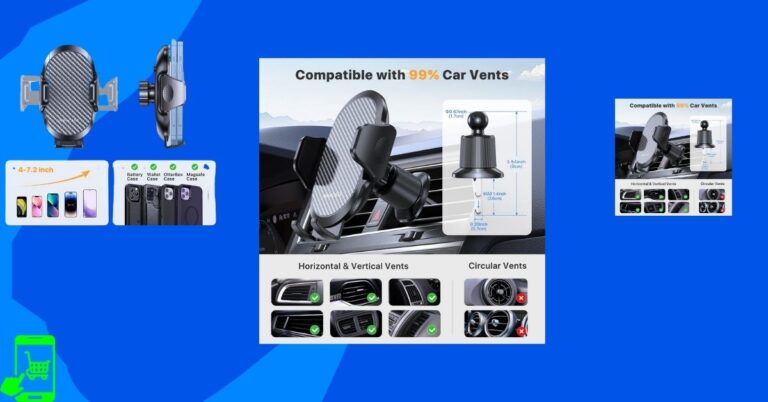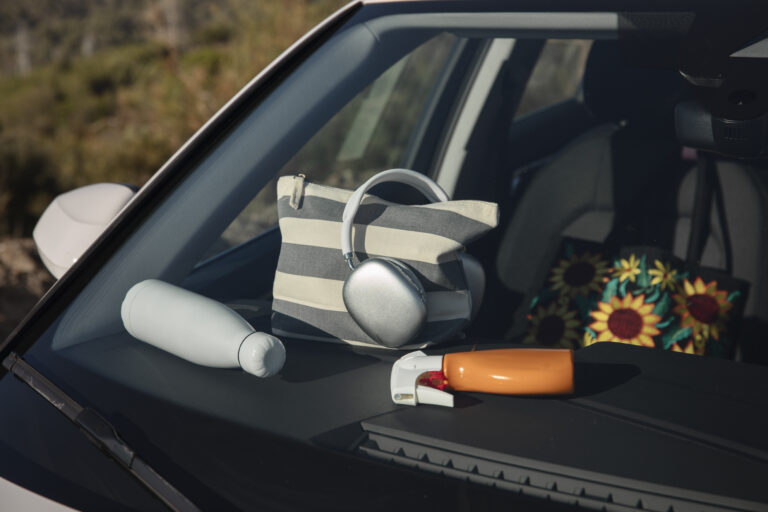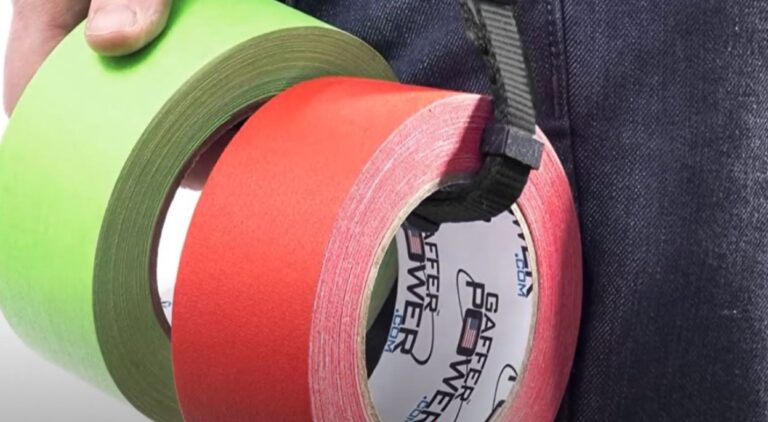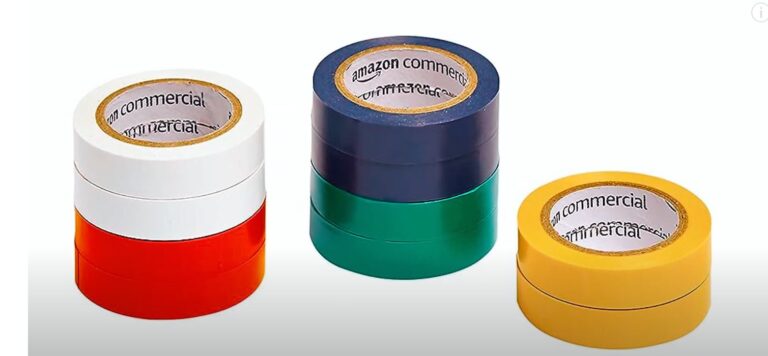How Much Commission Do Car Salesmen Really Make? Insider Secrets Revealed
I just got offered a job at a used luxury car dealership, and it’s got me pumped but nervous. It’s all commission no base pay.
They’re offering $250 per car under $50K, $500 for cars over $50K, and $700-$900 for those over $100K. It’s not a franchise dealer, just a solid local spot.
My dream is to own my own luxury car dealership in five years, so this feels like the perfect way to learn the ropes.
But here’s the thing: I’m worried about paying my bills if I struggle at first. Is this pay scale normal, or should I keep looking?
If it’s legit, I’m ready to grind! This article dives into how much commission a car salesman makes, what affects their earnings, recent industry trends, and answers to common questions.
Let’s figure out if this hustle is worth it.
The Basics of Commission
Car salesmen don’t just pull a steady paycheck. Their income mixes a base salary, commissions, and bonuses.

Commissions are the big deal a cut of the profit the dealership makes on each sale. Profit isn’t the car’s sticker price; it’s what the dealership sells it for minus what they paid.
Most salesmen earn 20-30% of this front-end profit.
For a $30,000 car with a $3,000 profit, a 25% commission means $750. But there’s a catch: dealerships often slap on a “pack fee” ($500-$1,000) to cover costs like ads or lot upkeep.
So, that $3,000 profit drops to $2,000, leaving $500 for the salesman.
If the deal’s a “mini” (low or no profit), they might get a flat $50-$150. It’s a hustle where every sale feels like a gamble.
Breaking Down the Numbers
Let’s crunch some numbers. Say a $40,000 car has a $4,000 profit (dealership bought it for $36,000). With a 25% commission and a $500 pack fee, here’s how it shakes out:
- Gross profit: $4,000
- Minus pack fee: $4,000 – $500 = $3,500
- Commission at 25%: $3,500 × 0.25 = $875
The salesman pockets $875. If the profit’s tighter say, $2,000 on a hot model subtract the $500 pack, and you’re at $1,500. At 25%, that’s $375.
Used cars often have higher margins (30-40%), so a $40K used car might pay $1,000-$1,500. Mini deals? You’re stuck with $50-$100, no matter how much you charmed the buyer.
What Affects the Commission?
It’s not just about the car’s price. Several factors shake up the paycheck:
- Dealership Pay Plans: Every lot’s different. Some pay flat rates ($100-$300 per car), others use tiers (20% for the first 5 cars, 30% for the next 5). Chains like AutoNation might lean toward salary-plus-commission.
- Car Type: Used cars often pay better than new ones due to higher margins. Luxury cars like Mercedes have bigger profits but sell slower. Mainstream models like Honda Civics have slimmer margins.
- Experience: Veterans negotiate higher rates or hit better tiers. Newbies might get a guaranteed salary ($2,000-$3,000/month) for 60-90 days before going commission-only.
- Add-Ons: Selling warranties, gap insurance, or accessories boosts pay. Backend commissions (1-5% of add-on profits) can add $50-$200 per deal.
- Bonuses and Spiffs: Clear a car that’s been sitting? That’s a $50-$150 bonus. Hit a monthly quota (like 10 cars)? Extra $500-$1,000. Manufacturers might toss in cash for specific models.
The Bigger Picture: Annual Earnings
Commissions add up, but how much do salesmen make yearly? It varies. ZipRecruiter says the average U.S.
car salesman salary is $38,680, but Indeed clocks it at $83,000, skewed by top earners. Most sell 8-12 cars a month, earning $300-$600 per car.
That’s $28,800-$86,400 a year, assuming steady sales. Top performers moving 20+ cars can hit $100,000-$150,000, especially in luxury lots or hot markets like Dallas or Miami.
Slow months hurt. Sell 5 cars, and you’re scraping by on $1,500-$3,000. Many rely on a base salary or a “draw” (an advance you repay). If sales don’t rebound, you’re in debt to the dealership. It’s a feast-or-famine gig.
Recent Industry Shifts
The car sales world is changing fast. Here’s what’s happening in 2024-2025:
- Inventory Crunch: Chip shortages from 2021-2023 still limit stock. Fewer cars mean higher prices and profits, boosting commissions. A 2024 Automotive News report said some dealerships upped commission rates to keep talent.
- EV Boom: Electric vehicles like the Ford Mustang Mach-E are hot in 2025. EVs have tight margins, so salesmen push add-ons to bump commissions. Volume bonuses help too.
- Pay Transparency: A 2018 lawsuit against Rick Hendrick Chevrolet exposed shady cost calculations. New 2024 laws mandate minimum wage and overtime for commission workers, protecting newbies during slow months.
- Hybrid Pay Models: Dealerships are testing salary-plus-commission plans. A 2024 Auto Dealer Today study noted 20% of U.S. lots use hybrid models to attract younger workers who shy away from commission-only stress.
- Online Sales: More buyers start online, per a 2024 Cox Automotive report (30% of sales begin digitally). Salesmen must master virtual pitches, which can stretch deal times but boost commissions on high-margin online sales.
These trends mean commissions vary widely. A used car in a hot market might pay $1,000, while a low-margin EV could drop to $200.
The Emotional Rollercoaster
Selling cars is a grind. You’re on your feet 50-60 hours a week, smiling through rejection, haggling with skeptical buyers. Close a $40K deal for $875, and you’re flying high.
Spend 5 hours with a customer who walks away? That’s a punch to the gut.
The highs are electric handing over keys, hitting a bonus, getting a customer’s grin. The lows? Brutal. Slow months mean leaning on a draw, stressing about bills.
You might owe the dealership if sales tank. It’s a job for the tough, the charming, the ones who can shake off a “no” and keep pushing.
Life on the Lot
A salesman’s month is hectic. You’re working weekends, greeting walk-ins, chasing leads, and test-driving cars. Some days, you close 2 deals and feel like a king. Others, you’re stuck with “be-backs” (customers who promise to return but don’t).
Top sellers build a client base referrals push you from 8 to 15 cars a month. Newbies rely on walk-ins, scraping by with 6-8.
Training helps. Dealerships offer sales coaching, but the best learn from mentors or resources like The Closer’s Survival Guide.
Time management is huge balancing leads, paperwork, and follow-ups separates the pros from the rookies.
Tips for Maximizing Commissions
Want to make more? Here’s how to shine:
- Know Your Inventory: Study every car. Customers trust salesmen who know specs without flipping through a manual.
- Build Trust: Be real with buyers. Listen to their needs, and they’ll sign. Happy customers send referrals.
- Push Add-Ons: Sell warranties or accessories to boost backend commissions. Every $100 helps.
- Work Busy Lots: Pick dealerships in high-traffic spots like Orlando or Houston. More walk-ins mean bigger checks.
- Close Smart: Learn to handle objections (“It’s too pricey”) and seal deals. Practice makes perfect.
FAQs About Car Salesman Commissions
Q: How much commission does a salesman make per car?
A: Usually 20-30% of the profit after a pack fee. For a $3,000 profit with a $500 pack, a 25% commission is $625. Minis pay $50-$100 flat.
Q: Do salesmen get a base salary?
A: Some get $2,000-$3,000/month, especially new hires. Others are commission-only with a minimum wage guarantee. Hybrid plans are growing in 2024.
Q: Can you hit six figures in car sales?
A: Yes. Top sellers moving 20+ cars a month in luxury or busy lots can make $100,000-$150,000. Most earn $40,000-$60,000.
Q: Do used cars pay better commissions?
A: Often. Used cars have higher margins (30-40%). A $30K used car might pay $800-$1,200, versus $300-$600 for a new one.
Q: What’s a mini deal?
A: A sale with little or no profit, common on new cars. Salesmen get a flat $50-$100. It’s a letdown but part of the job.
Wrapping It Up
How much commission does a car salesman make? Anywhere from $50 to $1,500 per car, depending on profit, dealership rules, and hustle.
Recent trends like low inventory and online sales are shaking things up, making every deal count.
For college students eyeing this path, it’s a high-stakes game with big rewards and bigger challenges. You need charm, grit, and a knack for closing.
If that’s you, the car lot might be your stage to shine.







